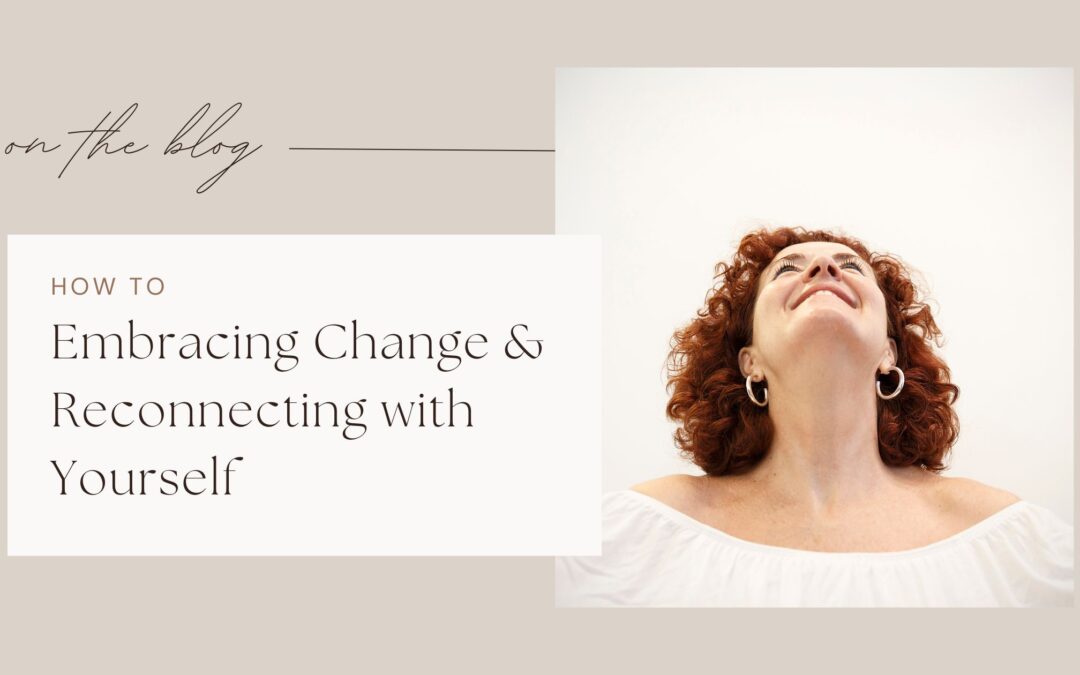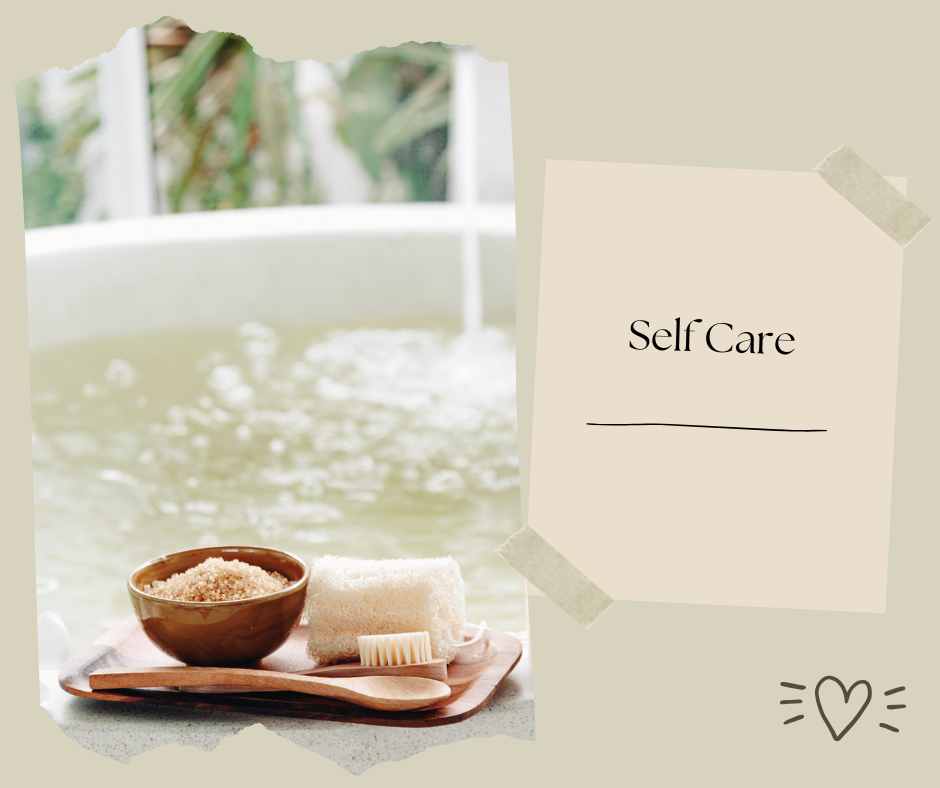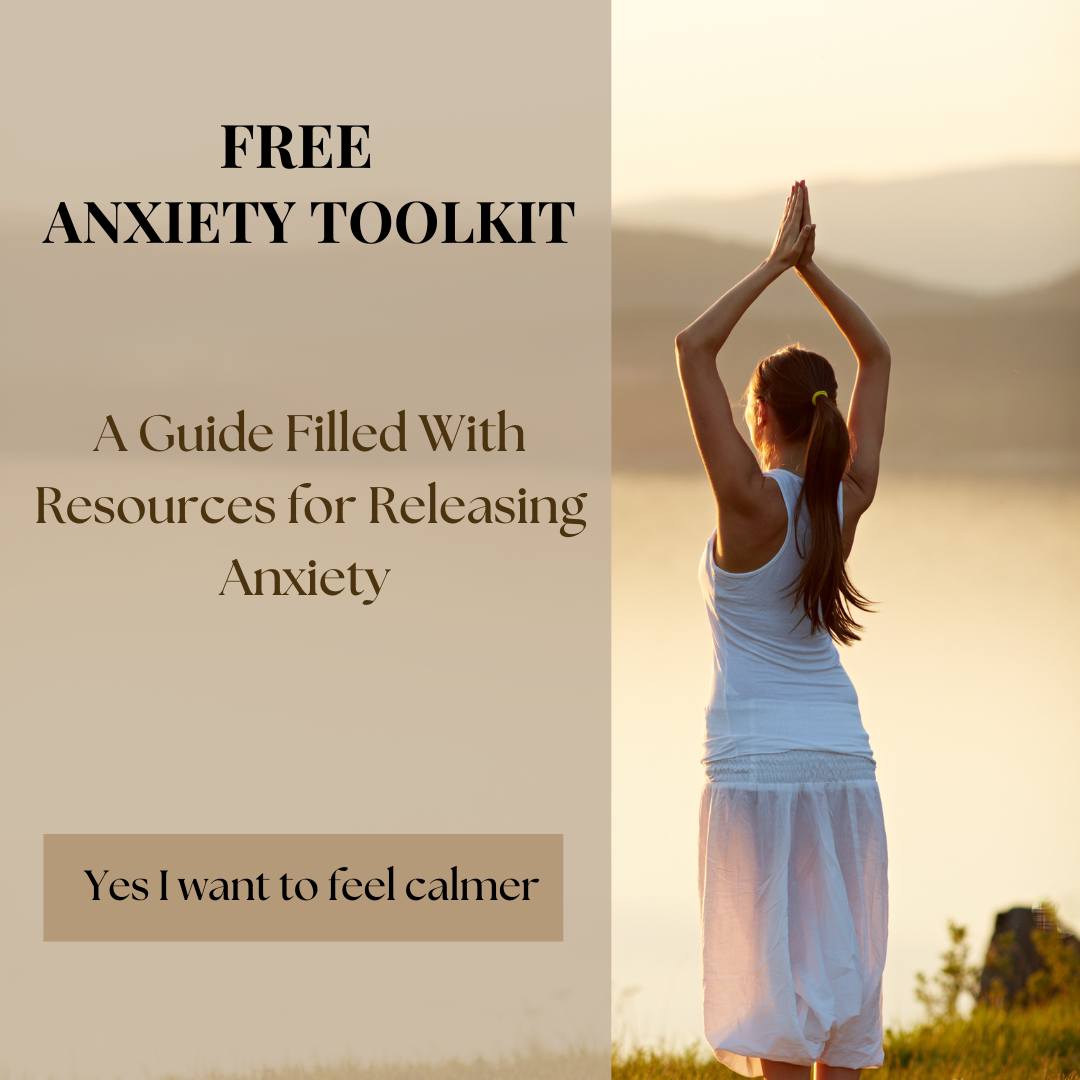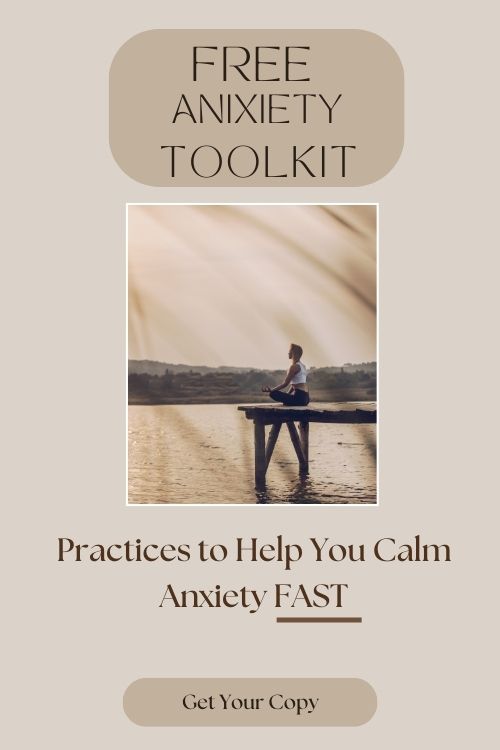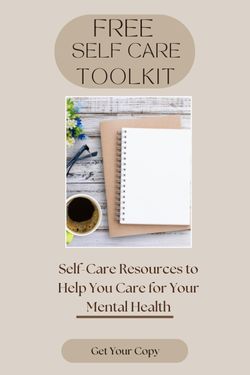
How to Rediscovering Your Passion for Life During Menopause
Menopause is a transformative phase in a woman’s life. It’s a time of change that goes beyond physical symptoms like hot flashes, sleep disturbances, and mood swings.
For many women, menopause brings a profound sense of disconnect. I know for me it feels like I was living in a body that I no longer recognised, struggling with emotions that seem foreign.
But this phase is not an ending; it’s a beginning—a unique opportunity to rediscover your passion, redefine who you are, and embrace the incredible power you still hold.
If you’re feeling out of balance, you’re not alone.
This blog will guide you on how to create inner balance in your menopausal body, reconnect with your true self, and reignite your passion for life. Remember no matter your age, you always have something valuable to offer.
Why Menopause Feels Like Losing Yourself

During menopause, fluctuating hormones can wreak havoc on your physical and emotional state. You might experience:
- Brain fog: Forgetting things you’d normally remember easily.
- Mood swings: Sudden shifts in your emotions, sometimes leaving you feeling out of control.
- Fatigue: Persistent tiredness that makes it hard to find motivation.
- Body changes: Weight gain, joint pain, and changes in skin or hair can feel like you’ve been swapped into someone else’s body.
These changes can make it hard to feel connected to who you once were. It’s as though the identity you’ve spent years building has been disrupted. However, this disruption also holds an invitation—a chance to rebuild a stronger, more aligned version of yourself.
Steps to Create Inner Balance in Your Menopausal Body
Finding balance is essential to feeling grounded and connected. Here are practical ways to nurture inner harmony:
1. Acknowledge Your Emotions
Suppressing your feelings only adds to the inner turmoil. Allow yourself to feel what you’re experiencing without judgment. Journaling can be a powerful way to process your emotions. Write down your thoughts each day to clear your mental clutter and understand your emotional patterns.
2. Prioritize Restorative Sleep
Sleep disturbances are common during menopause, but poor sleep can exacerbate mood swings and fatigue. To improve your sleep:
- Establish a calming bedtime routine (e.g., warm baths, reading, or gentle stretches).
- Limit caffeine and alcohol, especially in the evening.
- Practice mindfulness or meditation to calm your mind before bed.
3. Nourish Your Body
Your diet plays a crucial role in balancing hormones and maintaining energy levels. Focus on:
- Eating a variety of fruits, vegetables, whole grains, and lean proteins.
- Incorporating omega-3 fatty acids found in fish, flaxseeds, or walnuts.
- Staying hydrated to support overall health.
4. Move Your Body Regularly
Exercise isn’t just about physical fitness—it’s a mental and emotional lifeline. Activities like yoga, walking, swimming, or dancing can boost your mood, reduce stress, and strengthen your body.

5. Practice Mindfulness
Mindfulness helps you stay present and reduces overthinking. Simple practices like deep breathing or body scans can help you reconnect with yourself and find calm in the chaos.
6. Seek Support
Whether it’s a trusted friend, a therapist, or a support group, sharing your experiences can lighten the emotional load. You’re not alone, and connecting with others can be deeply healing.
Reconnecting With Who You Are
Once you’ve started creating balance, it’s time to rediscover who you are beyond the roles you’ve played for others—mother, partner, friend, or professional. This phase is about reconnecting with your authentic self and reigniting your passions.
1. Reflect on Your Values
Ask yourself:
- What matters most to me now?
- What brings me joy and fulfilment?
- What have I always wanted to try but never had the chance to?
By revisiting your core values and desires, you’ll uncover clues about the life you want to create moving forward.
2.Try New Experiences
Menopause is a perfect time to explore uncharted territory. Enrol in a class, pick up a hobby or travel somewhere new. These experiences can reignite your sense of curiosity and excitement.

3. Reconnect with Your Creativity
Creativity isn’t just for artists. It’s a way to express your emotions, explore your identity, and find joy. Whether it’s painting, gardening, writing, or cooking, let your creativity flow.
4. Re-evaluate Your Relationships
Surround yourself with people who uplift and inspire you. This may mean deepening existing connections or seeking new friendships that align with your current self.
5 Celebrate Small Wins
Every step forward, no matter how small, deserves recognition. Celebrate your progress and the courage it takes to rediscover yourself.
Rediscovering Your Passion
Your passions are unique to you. They light you up and make you feel alive. Rediscovering them can be the key to unlocking a fulfilling post-menopausal life. Here’s how to get started:
1. Revisit Childhood Dreams
Think back to what you loved as a child or young adult. Did you dream of writing a book, learning an instrument, or helping others? These early passions often hold clues to what still resonates with your soul.
2. Start Small
You don’t have to make massive changes all at once. Dedicate 15 minutes a day to an activity that excites you. Over time, these small actions can lead to big transformations.
3 Volunteer or Mentor
Sharing your skills and experiences with others can be deeply rewarding. Volunteering or mentoring can reignite your sense of purpose and remind you of the value you bring to the world.
4. Set New Goals
Dream big. What do you want to accomplish in the next five years? Whether it’s personal, professional, or creative, setting goals can give you a renewed sense of direction.
5. Stay Curious
Adopt a mindset of lifelong learning. Read books, attend workshops, or listen to podcasts that inspire and challenge you. Curiosity keeps your mind sharp and your spirit vibrant.

You Are More Than Enough
It’s easy to feel like menopause signals the end of something. But the truth is, it’s the beginning of a powerful new chapter. This is your time to focus on YOU—to nurture your well-being, explore your passions, and reconnect with your inner strength.
You have so much to offer, no matter your age. Your experiences, wisdom, and unique perspective are invaluable. Embrace this phase of life as an opportunity to grow, learn, and thrive.

Rediscovering your passion and sense of self during menopause isn’t about returning to who you were—it’s about becoming who you’re meant to be. By creating inner balance, exploring new interests, and celebrating your unique journey, you can reclaim your joy and live a vibrant, fulfilling life.
Remember, you are not alone on this journey. Support is available, and you have the strength within you to navigate this transition with grace and courage. Your best years are not behind you; they’re ahead. So take a deep breath, trust the process, and step into the incredible possibilities of this new chapter.
Helpful Resources


